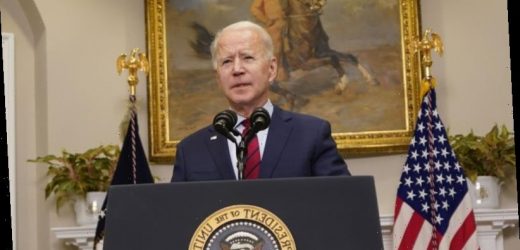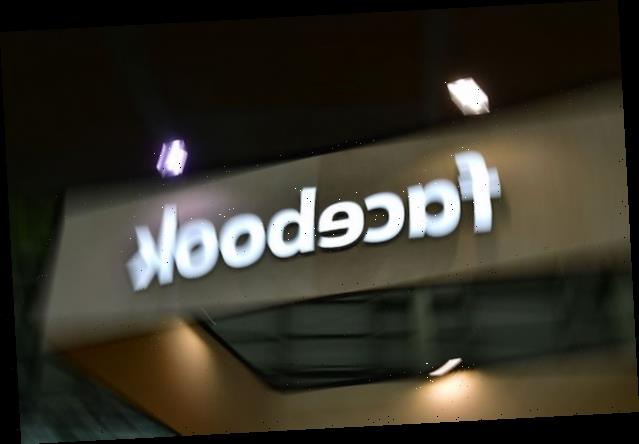Washington: Americans will soon receive their biggest round of government payments since the coronavirus pandemic began after the US House of Representatives approved the final version of Joe Biden’s sweeping $US1.9 trillion ($2.5 trillion) economic relief package.
The vote in the Democrat-controlled House delivered Biden a major legislative victory less than two months after entering the White House.
US President Joe Biden will sell the benefits of the package in his first prime-time television address since entering the White House. Credit:AP
“This is a historic day. It is the beginning of the end of the great COVID depression,” Democratic Representative Jan Schakowsky said.
Although polls show the bill is popular with most Americans it did not win Republican votes in the House or the Senate, underscoring the deep partisanship that continues to define US politics.
Biden plans to sign the bill on Friday, the White House said.
Experts say the bill will cut child poverty in half and deliver massive financial relief to the lowest-paid Americans who have been hit hardest by the pandemic.
The bill includes:
- One-off direct payments of US$1400 ($1800) to most American taxpayers;
- An expansion of the child tax credit – the US version of Australia’s Family Tax Benefit payments – by up to US$3600 ($4660) per child;
- Over US$50 billion ($65 billion) for the expanded distribution of vaccines and coronavirus testing;
- Tens of billions of dollars in support for schools, state and local governments and small businesses.
Progressive Democrats had to sacrifice one of their main economic priorities – increasing the federal minimum wage to US$15 an hour – after the Senate parliamentarian ruled it could not be included in the COVID relief package.
Vermont Senator Bernie Sanders, the standard bearer for the left wing of the Democratic Party, has said he still considers the bill “the most significant legislation for working people that has been passed in decades”.
Congressional Republicans have criticised the bill as a “liberal wish list”, saying it is far more costly than required given the US economy is already set to bounce back strongly after the vaccine rollout reaches most Americans.
A Pew Research poll released this week showed that 70 per cent of Americans support the bill, with just 28 per cent opposing it – making it one of the most popular pieces of legislation passed into law in decades.
Although most Republicans opposed the bill, it was supported by 63 per cent of lower-income Republicans, reflecting the package’s tight targeting at those in the bottom income thresholds.
Biden will sell the benefits of the package on Friday (AEDT) in his first prime-time television address to the nation since becoming president.
The White House has announced that the stimulus cheques will not carry Biden’s signature, a break from his predecessor Donald Trump who insisted his name appear on the cheques sent out during his presidency.
Most Viewed in World
From our partners
Source: Read Full Article



